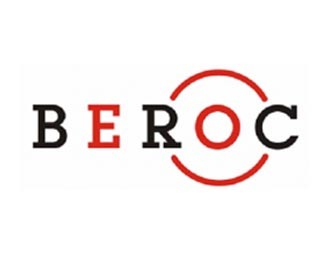BEROC issues new paper investigating determinants of individual preferences for democratic values

The question of how regime and democracy in particular impacts the country’s economic growth is widely explored in the analytical paper prepared by Maryia Akulava.
The paper issued by the Belarusian Economic Research and Outreach Center (BEROC) is called “Macroeconomic Performance, Individual Characteristics and Preference for Democracy” and answers the question what determines individual preference for democracy.
“This paper investigates the determinants of individual preferences for democratic values and looks at differences in impact of influencing factors in transition and non-transition countries. It combines both individual and country level characteristics in order to see whether they impact person’s attitude. I found that preferences for democracy are formed by impact of both individual and country-level factors”, writes Maryia Akulava, a researcher at the BEROC.
However, the direction of impact depends on the type of political regime and stage of economic development in the country. First, GDP per capita, growth of inequality and inflation are positively affecting personal preferences for democratic values in the democratic countries and negatively in the countries with autocratic regime. In turn, growth of unemployment in democratic countries decreases individual support of democracy and has a positive impact on support in the countries with autocratic regime. That agrees with the literature that beliefs and attitude towards political systems depend on country’s past experience. Age has different effect in transition and non-transition economies proving that being raised in different environments matters in terms of formation of political preferences.
You can read the whole paper here.
-
03.01
-
07.10
-
22.09
-
17.08
-
12.08
-
30.09










































